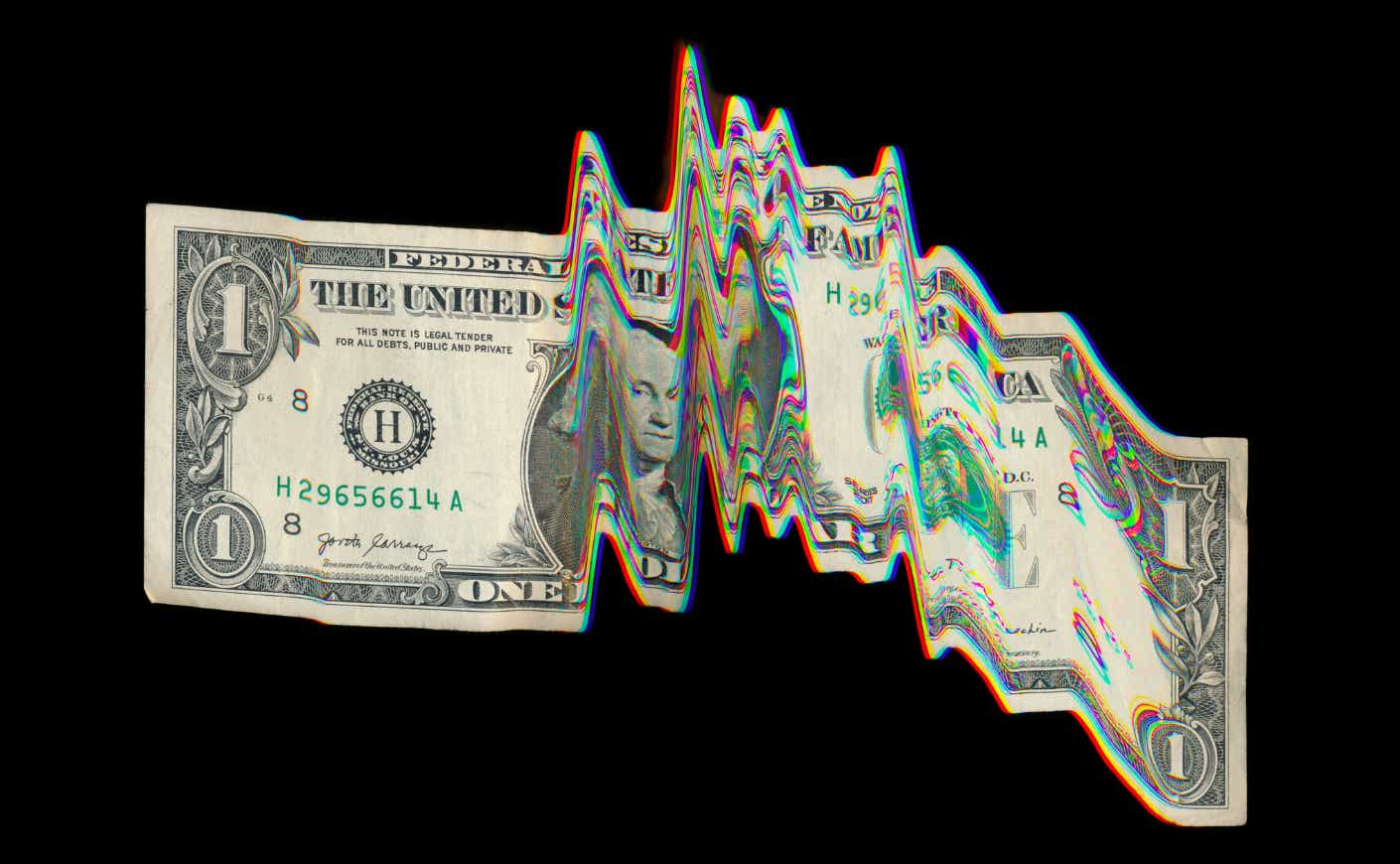U.S. stock markets took another dive today, driven mainly by worries over President Trump’s trade policies. Just how bad was it? Dow Jones dropped 478 points, or 1.14 percent after falling 700 points earlier. The broader S&P 500 fell 0.76 percent and the Nasdaq Composite fell 0.18 percent.
The dip comes after President Trump hit back at Canada’s 25 percent tariff on U.S. electricity by upping his planned steel and aluminum tariffs to 50 percent. He said the new policy will kick in Wednesday morning and repeated his call for Canada to become the “51st state.” But he’s since walked that back, hinting that he might reduce the tariffs if Ontario drops its electricity tariffs on the U.S. during ongoing talks.
Still, his threats have only fueled an already raging global trade war, which took a turn for the worse the day before when China announced retaliatory tariffs on the U.S. — further stoking tensions between the world’s two largest economies. On Monday, the Nasdaq crashed 4 percent, marking its worst day since 2022, while both the Dow Jones Industrial Average and S&P 500 fell more than 2 percent.
As the stock market plunged, Trump went on a posting spree on his platform Truth Social, sharing over 100 posts in just six hours. In addition to his many reposts, the president continued to hail his administration’s sweeping tariffs on goods from Canada, Mexico, and China even as they sparked a major sell-off.
“Markets hate uncertainty, and there is a ton of that right now, which is what investors are reacting to,” says Greg McBride, the chief financial analyst for Bankrate. “I would expect more volatility – both up and down – until there is greater clarity on policy and what that means for the economy.”
Here’s more on what economic analysts are saying and whether or not we’re heading for a recession.
Is a recession coming in 2025?
Economists have not ruled out a recession. Moody’s Analytics raised its gauge of probability for an economic downturn from 33% to 35% while Goldman Sachs hiked its odds last week from 15% to 20%. J.P. Morgan Chase pegged the chances of a recession this year at 40%, citing “extreme U.S. policies.”
“I don’t know what the probability of a recession is, but it’s definitely higher than it was in January,” Stephan Weiler, an economics professor at Colorado State University and former Fed research officer, tells Katie Couric Media.
Some experts specifically attributed rising recession risk to the Trump administration’s policies, especially his recent tariffs and appointment of billionaire Elon Musk to oversee the cost-cutting Department of Government Efficiency.
“Recessions are triggered by something — and Trump inherited a strong economy,” says Aaron Klein, a senior fellow of economic studies at the nonpartisan The Brookings Institute. “The biggest change in the economy has been Trump and his policies. He’s instituted massive uncertainty with his constant threats of tariffs and his empowerment of Elon Musk to break the government.”
Weiler agreed that Trump’s policies may be contributing to recession risks, noting that the way they’ve been implemented could exacerbate economic uncertainty.
“The tariffs have been on-again, off-again, especially with some of our biggest trading partners,” he tells us. “The layoffs in Washington have been significant, and that’s making consumers nervous. Remember, consumption drives 70% of economic growth, and with government spending set to decline due to all these layoffs, they’re discussing removing government spending from the growth equation entirely. This could end up masking the true impact of these policies on the public.”
Even Trump hasn’t dismissed the possibility of an economic downturn. “President Trump himself mentioned a potential ‘period of transition’ and admitted he couldn’t rule out a recession” says Weiler. “And I think we should take him at his word.”
How would a recession affect everyday Americans?
Our analysts agree that a recession could slow hiring, strain businesses, and lead to widespread layoffs. Weiler explains that this initial slowdown can set off a cycle of continued economic decline.
“Companies may slow hiring or even start laying off workers, which could mean less income for employees,” says Weiler. “Whether they’re unemployed or still working, they might not get the raises they were expecting. That, in turn, leads to reduced spending, which hurts businesses. As consumers cut back, businesses feel the pinch and start cutting back themselves, creating a downward spiral — if you catch my drift.”
While the U.S. hasn’t hit a recession quite yet, Klein warns that even just public fears around it could become a self-fulfilling prophecy.
“You can already see this in declining consumer confidence and growing fears about inflation,” he says. “Look, Trump promised America he’d lower egg prices on day one, right? Well, instead, eggs have only gotten more expensive.” (It’s true, egg prices have risen to $6.70 per dozen, which marks a 61 percent increase since December. This increase has prompted the U.S. Department of Justice to investigate major egg producers for potential price gouging.)
Ultimately, the likelihood of a recession may depend on the direction of White House policy, but some warn that Trump’s approach could have consequences. “Trump was able to mislead the public during his first term with few repercussions,” says Klein. “But now, the markets seem to be reacting more strongly to his fictions.”









